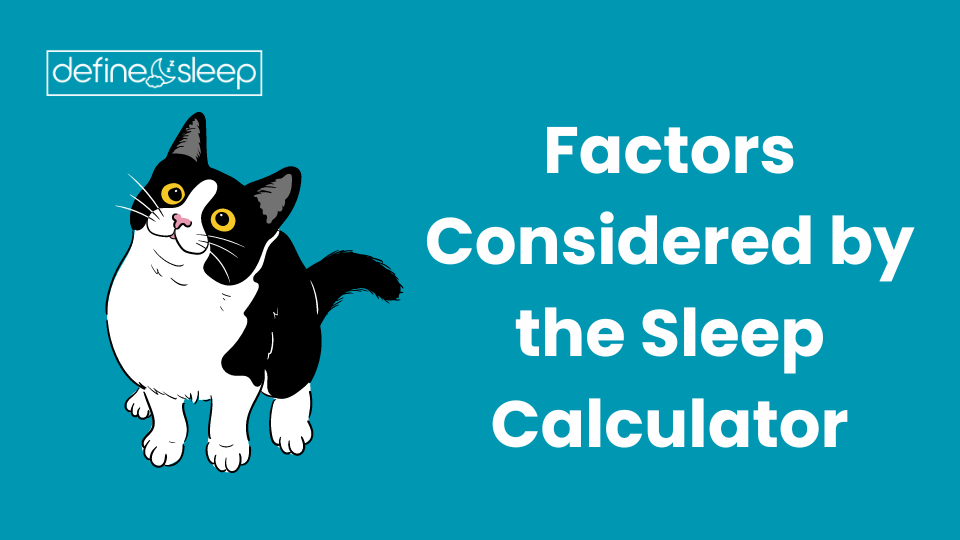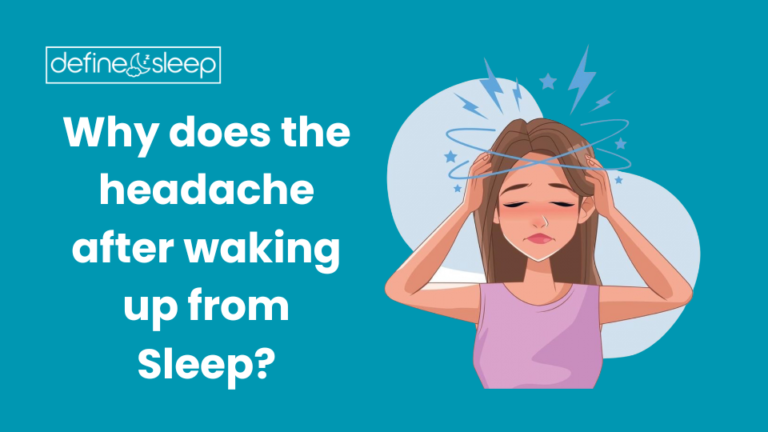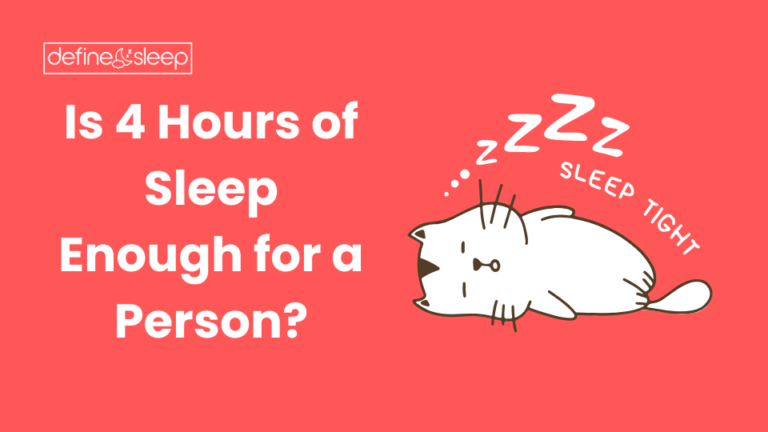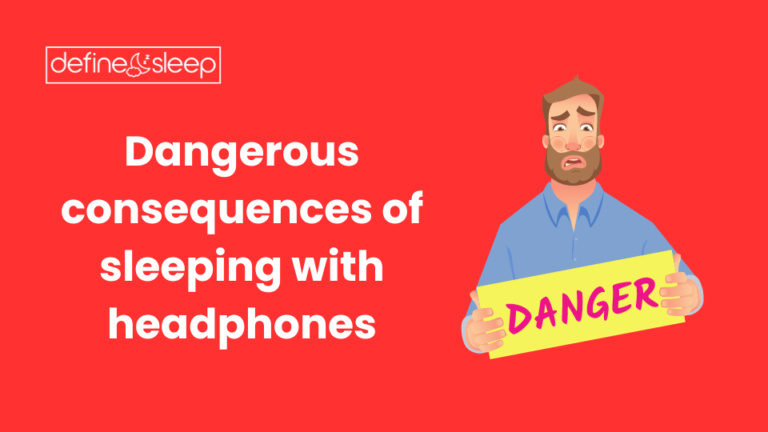In our fast-paced world, where time is of the essence, ensuring a good night’s sleep has become more crucial than ever. Rest is pivotal in our overall well-being, affecting our physical health, mental acuity, and emotional stability. As we strive for productivity and success, a sleep calculator emerges as a personalized tool to help us optimize our sleep patterns.
Understanding the Sleep Calculator:
A sleep calculator is a valuable resource designed to assist individuals in determining the optimal bedtime and wake-up time based on their unique sleep cycles.
The concept revolves around the duration of the sleep cycle, which typically lasts around 90 minutes. A complete sleep cycle encompasses different stages, including light sleep, deep sleep, and REM (rapid eye movement) sleep.
By aligning one’s waking time with the end of a sleep cycle, a sleep calculator aims to reduce the grogginess and fatigue commonly experienced upon waking up mid-cycle. This personalized approach ensures that individuals wake up refreshed and energized, ready to tackle the day ahead.
Factors Considered by the Sleep Calculator:

- Sleep Cycle Duration:
The calculator considers the average sleep cycle duration of approximately 90 minutes.
- Individual sleep needs:
Recognizing that different individuals may require varying amounts of sleep, the calculator allows users to input their preferred sleep duration.
- Bedtime Routine:
Establishing a consistent bedtime routine is vital for quality sleep. The calculator may also consider factors like winding down activities and relaxation techniques.
- Wake-Up Time:
Users specify the time they need to wake up, and the calculator works backwards to determine the optimal bedtime, aligning with the natural sleep cycles.
Benefits of Using a Sleep Calculator:

- Improved Sleep Quality:
By aligning with the body’s natural sleep cycles, the calculator enhances the overall sleep quality, leading to a more restorative rest.
Adequate and quality sleep is closely linked to improved cognitive function, concentration, and problem-solving skills, contributing to increased productivity.
- Reduced Sleep Inertia:
Waking up in the middle of a sleep cycle can result in sleep inertia – that groggy feeling upon waking. A sleep calculator minimizes this effect by timing the wake-up to coincide with the end of a cycle.
- Establishing Consistency:
A consistent sleep schedule is crucial in regulating the body’s internal clock. A sleep calculator aids in establishing and maintaining this routine.
In conclusion, a sleep calculator is a valuable tool for those seeking a personalized approach to optimizing their sleep patterns. Investing in quality sleep through such tools can significantly impact overall health and well-being in a world where time is precious. It’s a small adjustment with big benefits, offering a pathway to a more rejuvenated and productive life.
Sleep Cycle Calculator
| Age Range | Recommended Hours of Sleep |
| 0-3 years | 14-17 hours |
| 4-11 years | 9-11 hours |
| 12-17 years | 8-10 hours |
| 18-64 years | 7-9 hours |
| 65 years and older | 7-8 hours |
1. 0-3 years (infants and toddlers):
- Recommended Sleep: 14–17 hours per day, including naps.
- Newborns typically sleep in short segments throughout the day and night.
- As they grow, they consolidate sleep into longer nighttime periods.
2. 4-11 years (preschool and school-age children):
- Recommended sleep: 9–11 hours per night.
- Establishing a consistent bedtime routine is important.
- Sufficient sleep supports growth, development, and overall well-being.
3. 12-17 years (Teenagers):
- Recommended Sleep: 8-10 hours per night.
- Adolescents often experience a shift in their circadian rhythm, leading to a preference for later bedtimes and wake-up times.
- Balancing school, extracurricular activities and social life can make it challenging to get enough sleep.
4. 18-64 years (Young Adults and Adults):
- Recommended Sleep: 7-9 hours per night.
- Sleep quality becomes crucial; maintaining a consistent sleep schedule and a comfortable sleep environment is important.
- Lack of sleep can impact cognitive function, mood, and overall health.
5. 65 years and older (Seniors):
- Recommended Sleep: 7-8 hours per night.
- Ageing may change sleep patterns, with more time spent in lighter sleep stages.
- Establishing a regular sleep routine and addressing sleep disorders becomes more important.
A sleep cycle calculator can help you determine the best times to go to bed and wake up based on the average sleep cycle duration. The average sleep cycle lasts about 90 to 110 minutes and consists of different stages, including light sleep, deep sleep, and REM (Rapid Eye Movement) sleep.
To use a sleep cycle calculator effectively, you’ll need to know when you plan to wake up or when you need to get up in the morning. The calculator then works backwards to suggest optimal bedtimes, considering completing multiple sleep cycles.
Here’s a simple way to calculate your Bedtime:
1. Go to bed in multiples of 90 minutes: Plan your sleep in 90-minute increments to allow for complete sleep cycles. For example, if you need to wake up at 7:00 AM, you might aim for Bedtime at 10:00 PM or 11:30 PM.
2. Count backward: If you choose a bedtime, count backward in 90-minute intervals. Each sleep cycle includes light sleep, deep sleep, and REM sleep. Waking up in the middle of a sleep cycle can lead to grogginess.
3. Consider falling asleep time: Remember that it takes some time to fall asleep after getting into bed. You should factor in an additional 15-20 minutes for this.
Here’s a sample schedule:
- 7:00 AM Wake-up Time
- 10:00 PM Bedtime (allowing for 5 full sleep cycles)
- 8:30 PM Fall Asleep
It’s important to note that the calculator provides estimates, and individual sleep needs and patterns can vary. Pay attention to how you feel in the morning and adjust your Bedtime accordingly. Maintaining a consistent sleep schedule, practicing good sleep hygiene, and creating a comfortable sleep environment is essential for quality sleep.
Let’s create a simple table to illustrate the concept of sleep cycles and suggest potential bedtimes based on wake-up time. Please note that these are general estimates, and individual variations may exist.
Sleep Cycle Calculator Table:
| Wake-Up Time | Bedtime (5 Full Cycles) | Estimated Time to Fall Asleep |
| 7:00 AM | 10:00 PM | 8:30 PM |
| 6:00 AM | 9:00 PM | 7:30 PM |
| 8:00 AM | 11:00 PM | 9:30 PM |
This table assumes an average sleep cycle duration of 90 minutes and incorporates additional time to fall asleep after getting into bed. Adjustments may be necessary based on personal preferences, sleep quality, and individual variations in sleep patterns.
Source: Chatgpt 4





Pingback: "Sleep Solutions for Busy Medical Students"